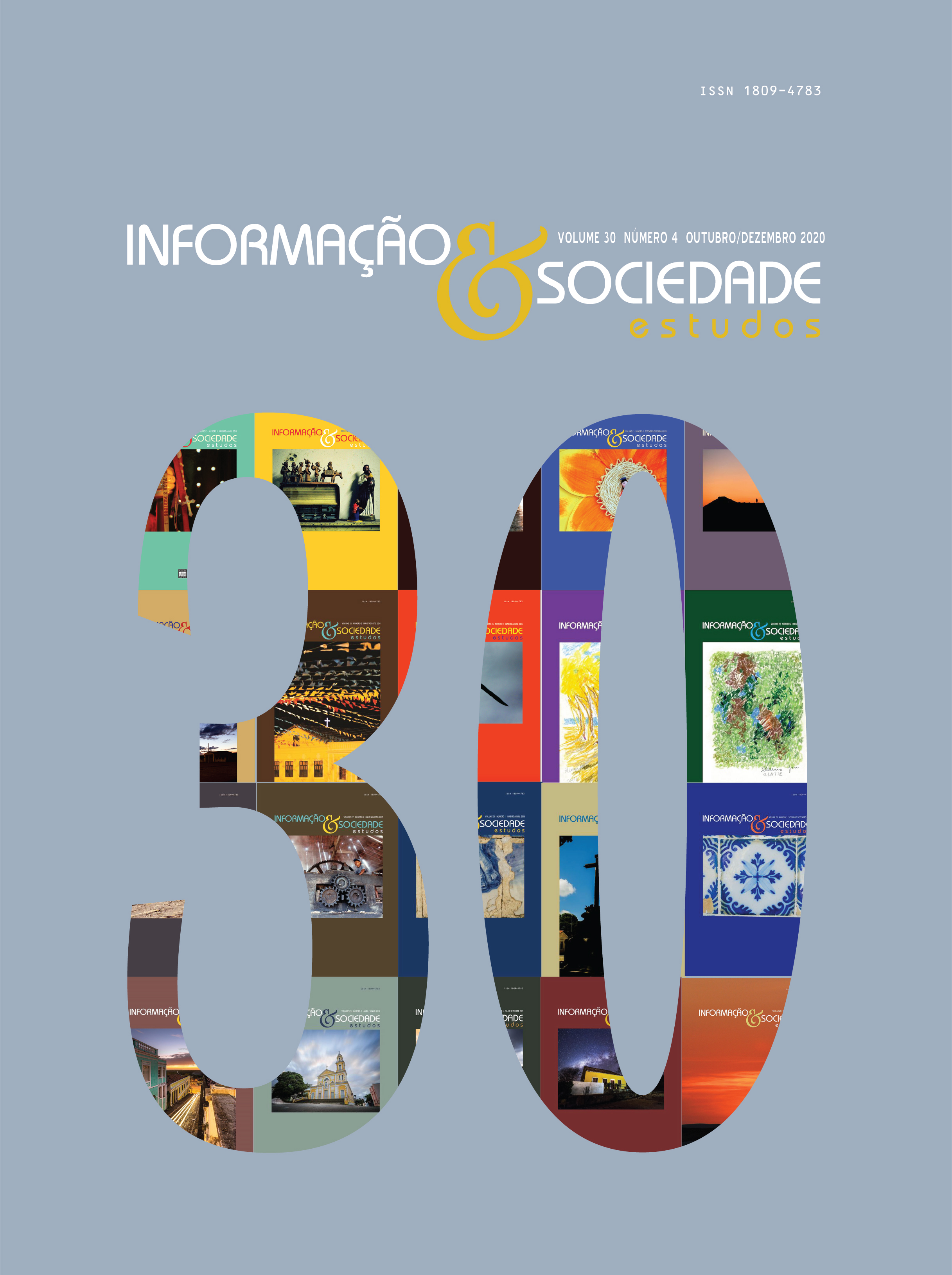User of information and structural rabble as non-public: reflections on inequality and social invisibility in information units
DOI:
https://doi.org/10.22478/ufpb.1809-4783.2020v30n4.57350Abstract
The text seeks to reflect on inequality and social invisibility in the context of information units, considering, as an inflection point, the concept of information user. To this end, it performs a literature review, addressing concepts related to social classes, within the scope of social theory, and to information users, in the areas of library science and information science. It was observed that the concept of information user refers to a type of subject studied: a) out of context in information systems (physical and cognitive models); b) contextually, being able to dispense with the notion of system (social model); and c) from some individual / social privilege (economic, cultural and social capital). The concept of structural rabble brings a counterpoint to that of the user of information regarding inequality in social classes. The non-public concept, when conceived as a structural rabble, reinforces the contrast to the concept of information user. Finally, it was observed that the theoretical choices are also political, with ethical implications. They can be conformed to the public, real or potential, or non-conformed to the structural rabble as non-public. In this context, it was argued that the information professional should work with the community, being open to speaking the language of the non-public and considering their culture. The studies of “information and community” or “users and non-users” allow considering different social classes, in the sense of giving social visibility to the structural rabble when it starts to be conceived as a public.
Keywords: Information user. Structural rabble. Non-public. Social invisibility. Information units.
Downloads
Metrics
Published
How to Cite
Issue
Section
License
Os originais aceitos e publicados tornam-se propriedade de INFORMAÇÃO & SOCIEDADE, sendo vedada sua reprodução total ou parcial, sem a devida autorização da Comissão Editorial, exceto para uso de estudo e pesquisa.






